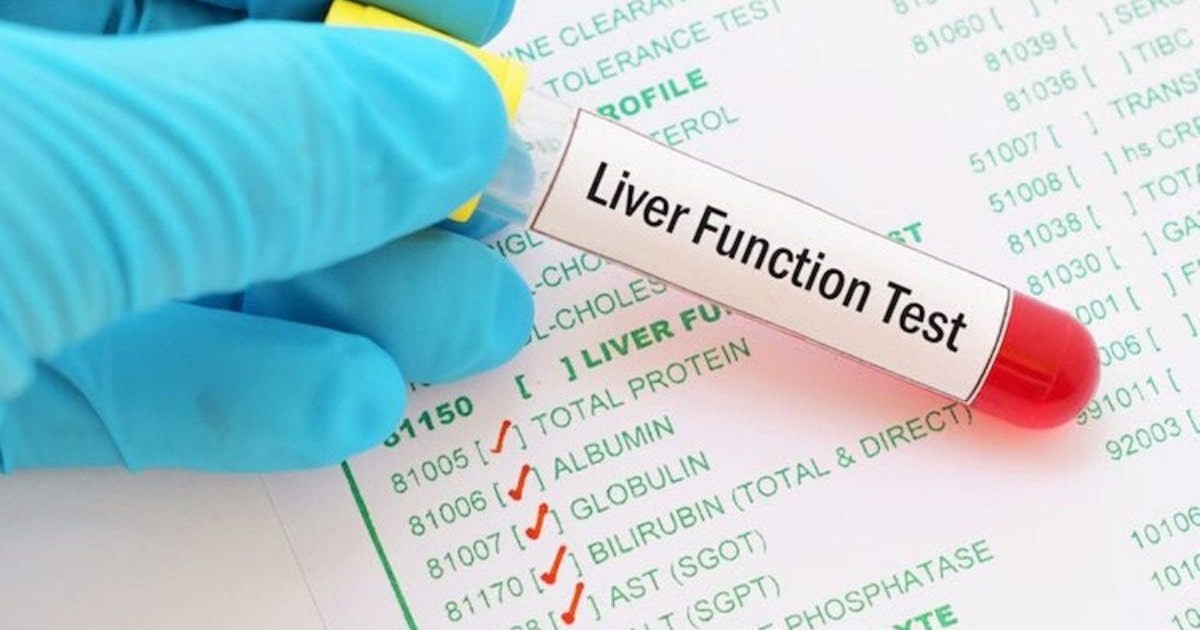The LFT test, also called the Liver Function Test, is an important diagnostic tool for assessing liver health. It helps identify potential liver issues early and provides valuable insights into the organ’s performance.
If you are experiencing symptoms like fatigue, jaundice, or abdominal discomfort, your doctor might recommend an LFT test to determine the root cause.
What is an LFT Test?
The LFT test measures various enzymes, proteins, and substances in the blood to evaluate liver function. It includes parameters such as:
- Bilirubin levels
- Liver enzymes (ALT, AST, ALP)
- Albumin and total protein levels
This test helps detect liver diseases like hepatitis, fatty liver, and cirrhosis.
Why is the LFT Test Important?
The liver is a vital organ responsible for detoxifying the body, producing bile, and metabolizing nutrients. A LFT test helps in:
- Diagnosing liver-related disorders early.
- Monitoring the progress of existing liver conditions.
- Evaluating the impact of medications or alcohol on the liver.
Early detection through regular testing ensures timely treatment.
When Should You Get an LFT Test?
Your doctor may recommend an LFT test if you have:
- Yellowing of skin or eyes (jaundice)
- Unexplained weight loss
- Persistent fatigue or weakness
- Dark-colored urine or pale stools
- Abdominal pain or swelling
Regular screening is also advised for individuals with a history of liver disease or excessive alcohol consumption.
How is the LFT Test Performed?
The LFT test is a simple blood test. A healthcare professional will:
- Draw a small blood sample from your arm.
- Send the sample to a lab for analysis.
The process is quick and typically painless.
What Do the Results Indicate?
The LFT test results include several components:
- ALT (Alanine Transaminase): High levels may indicate liver damage.
- AST (Aspartate Transaminase): Elevated levels suggest liver or muscle injury.
- Bilirubin: Increased levels cause jaundice and may signal liver dysfunction.
- Albumin: Low levels can indicate poor liver health.
Your doctor will interpret these results to determine the next steps.
Preparing for the LFT Test
To ensure accurate results, follow these tips:
- Fasting: Avoid food or drink for 8-12 hours before the test.
- Inform Your Doctor: Share details of any medications or supplements you are taking.
- Avoid Alcohol: Refrain from consuming alcohol at least 24 hours before the test.
Proper preparation ensures the test reflects your liver’s true condition.
Benefits of an LFT Test
Getting an LFT test offers several advantages:
- Early Detection: Identifies liver issues before symptoms worsen.
- Preventive Care: Helps avoid serious complications.
- Monitoring Health: Tracks the impact of lifestyle changes or treatments.
Regular liver function tests are crucial for maintaining overall well-being.
LFT Test Cost and Availability
The cost of an LFT test is affordable and varies depending on the diagnostic center. Most labs provide quick and reliable results, making it convenient for patients. Many labs now offer home sample collection services, ensuring a hassle-free experience.
How Often Should You Get an LFT Test?
The frequency of testing depends on your health condition.
- For healthy individuals: Once a year is sufficient.
- For those with liver conditions: As recommended by your doctor.
- If on medication or with a history of alcohol use: Regular monitoring is advised.
Symptoms That Indicate Liver Issues
If you notice any of the following symptoms, consult your doctor about an LFT test:
- Yellow skin or eyes
- Chronic fatigue
- Loss of appetite
- Swelling in the abdomen
- Nausea or vomiting
Early testing can make a big difference in managing liver health.
FAQs About the LFT Test
1. How long does it take to get results?
Most labs provide results within 24-48 hours.
2. Is fasting mandatory for the LFT test?
Yes, fasting is generally required to ensure accurate results.
3. Can I take the test at home?
Many diagnostic centers now offer home sample collection services.
4. Is the test painful?
The LFT test involves a simple blood draw, which is typically painless.
Conclusion
The LFT test is an essential health check for evaluating liver function. It provides crucial insights into your liver’s health and helps in diagnosing and managing conditions effectively.
Whether you are experiencing symptoms or simply want to monitor your health, an LFT test is a valuable tool. Schedule your test today and take the first step toward better liver health!









